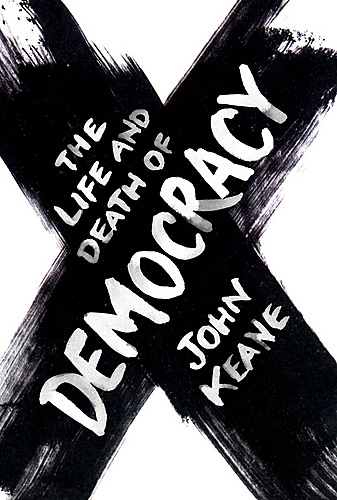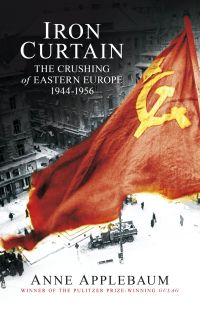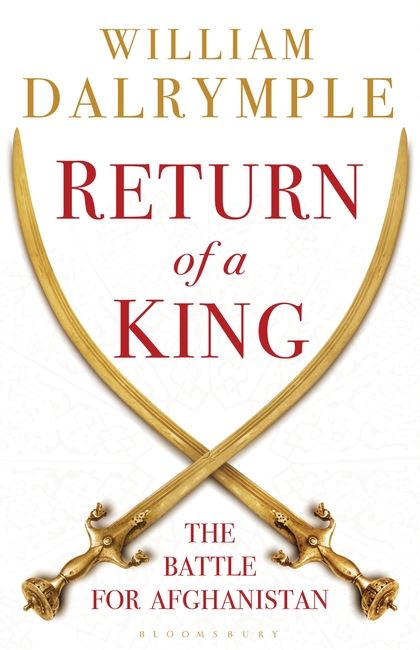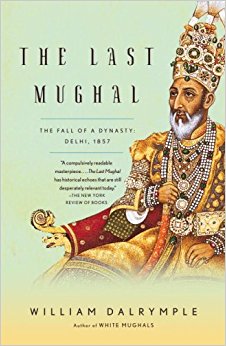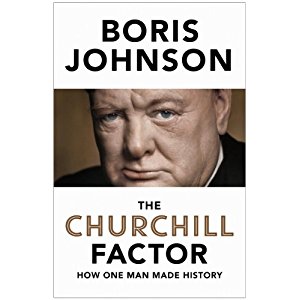- Joined
- May 20, 2006
- Posts
- 11,550
- Reaction score
- 5,625
- Location
- In the Clique.
- AFL Club
- Brisbane Lions

- Thread starter
- #26
And I found this.(Guns, Germs and Steel)
I saw it too. IIRC a 3 parter on ABC or SBS a few years ago.
I will stick with the book for now. 140 odd pages in and must say very interesting.






